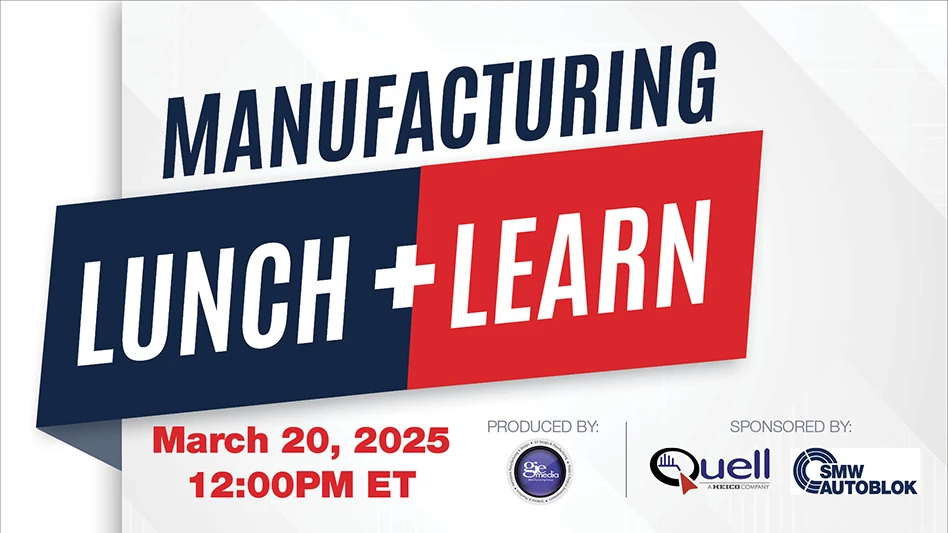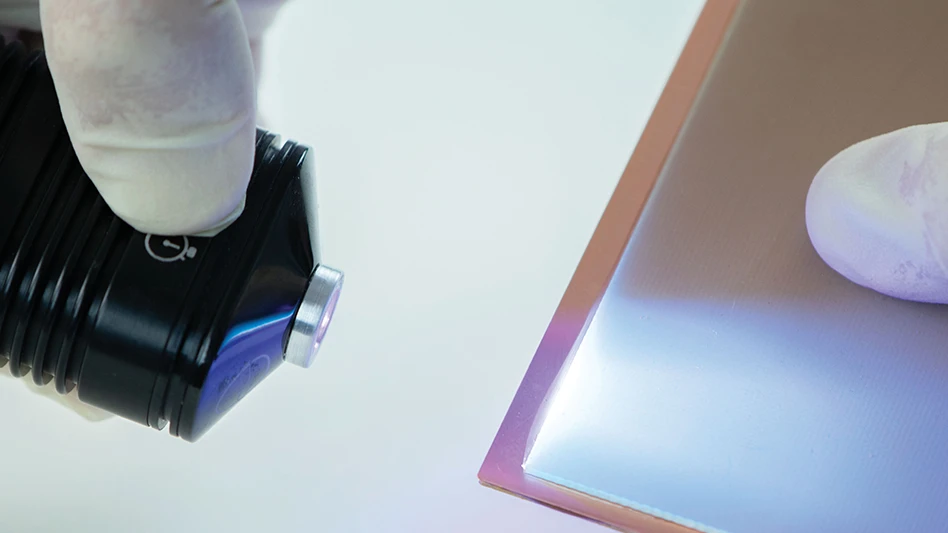
Washington – Six pediatric medical device innovations that address a significant yet unmet pediatric need were awarded a total of $250,000 in grant money at the third annual National Capital Consortium for Pediatric Device Innovation (NCC-PDI) Competition held. The FDA funded consortium, led by the Sheikh Zayed Institute for Pediatric Surgical Innovation at Children's National Health System and the A. James Clark School of Engineering at the University of Maryland, awarded $50,000 to four companies and $25,000 to two companies.
Winning innovations receiving $50,000 awards are:
- Baylor College of Medicine/Texas Children's Hospital, Houston, Texas – customizable 3D printed pediatric vaginal stent and vaginal dilator for use in girls born with congenital abnormalities
- Benevolent Technologies for Health (BeTH), Woburn, Mass. – prosthetic socket liner for pediatric patients to achieve a comfortable fit in less time
- Children's National Health System, Washington, DC – single incision delivery tool for epicardial pacing and defibrillation that eliminates the need for a highly invasive open chest procedure
- Sensory Innovations Solutions, Riverside, Calif. – noninvasive vibratory pediatric breathing stimulator for patients with apnea and periodic breathing issues
Winning innovations receiving $25,000 awards are:
- ApiFix, Misgav, Israel – minimally invasive correction system for patients with a spinal deformity known as Adolescent Idiopathic Scoliosis (AIS)
- REBIScan, Belmont, Mass. – noninvasive, handheld device using retinal birefringence scanning (RBS) to rapidly assess vision abnormalities associated with concussive head injuries in children
"It's an honor to award these incredible innovations with this funding," said Kolaleh Eskandanian, PhD, executive director of NCC-PDI and the Sheikh Zayed Institute for Pediatric Surgical Innovation. "In addition to funding, we will make available our expertise in pediatric product development to help in bringing their devices to children faster." She added that the federal funds awarded can also be leveraged to raise the additional capital needed for full commercialization. Since September 2013, companies that NCC-PDI has supported have raised over $19 million.
A total of 37 submissions were received for the competition. Winners were chosen from 12 finalists who each made a five-minute presentation and then responded to judges' questions.
"Each year, the NCC-PDI competition advances the Consortium in its mission to help innovators develop and bring to market medical devices to protect the health and safety of children," said William E. Bentley, PhD, Robert E. Fischell distinguished professor of bioengineering and director of the Robert E. Fischell Institute for Biomedical Devices at the University of Maryland. "This competition was special in that it occurred on February 29, also known as 'Rare Disease Day,' a day that draws our attention to diseases or disorders that affect fewer than 200,000 individuals. Over 50% of rare diseases affect kids. The innovators recognized by this competition demonstrate how entrepreneurship and ingenuity can create solutions for the myriad health challenges impacting our children."
In addition to the competition, this year's event included a progress update from the 2015 awardees: Nanofiber Solutions; University of Maryland Baltimore County; PhotoniCare; LIM Innovations; and University of Minnesota.
The judging panel included Susan Alpert, MD, of SFA Consulting; Richard Greenwald, PhD, of New England Pediatric Device Consortium; James Love of Oblon; Craig Steiner, MD, and Eric Sugalski of Boston Device Development; Tracy Warren, of Astarte Ventures; and Tiffany Wilson of Global Center for Medical Innovation. Emily Blum, MD, the Joseph E. Robert Jr., Fellow in Pediatric Surgical Innovation of Children's National, served as medical consultant to the judges.
NCC-PDI was formed in September 2013 through the FDA's Pediatric Device Consortia Grant Program to provide infrastructure support and expert consultation on pediatric medical device development throughout the development lifecycle -- concept formation, prototyping, preclinical, clinical, manufacturing, marketing, and commercialization. To date, NCC-PDI has assisted 51 pediatric device projects. For more information, visit www.innovate4kids.org.
Source: Children's National Health System
Latest from Today's Medical Developments
- Kistler offers service for piezoelectric force sensors and measuring chains
- Creaform’s Pro version of Scan-to-CAD Application Module
- Humanoid robots to become the next US-China battleground
- Air Turbine Technology’s Air Turbine Spindles 601 Series
- Copper nanoparticles could reduce infection risk of implanted medical device
- Renishaw's TEMPUS technology, RenAM 500 metal AM system
- #52 - Manufacturing Matters - Fall 2024 Aerospace Industry Outlook with Richard Aboulafia
- Tariffs threaten small business growth, increase costs across industries





